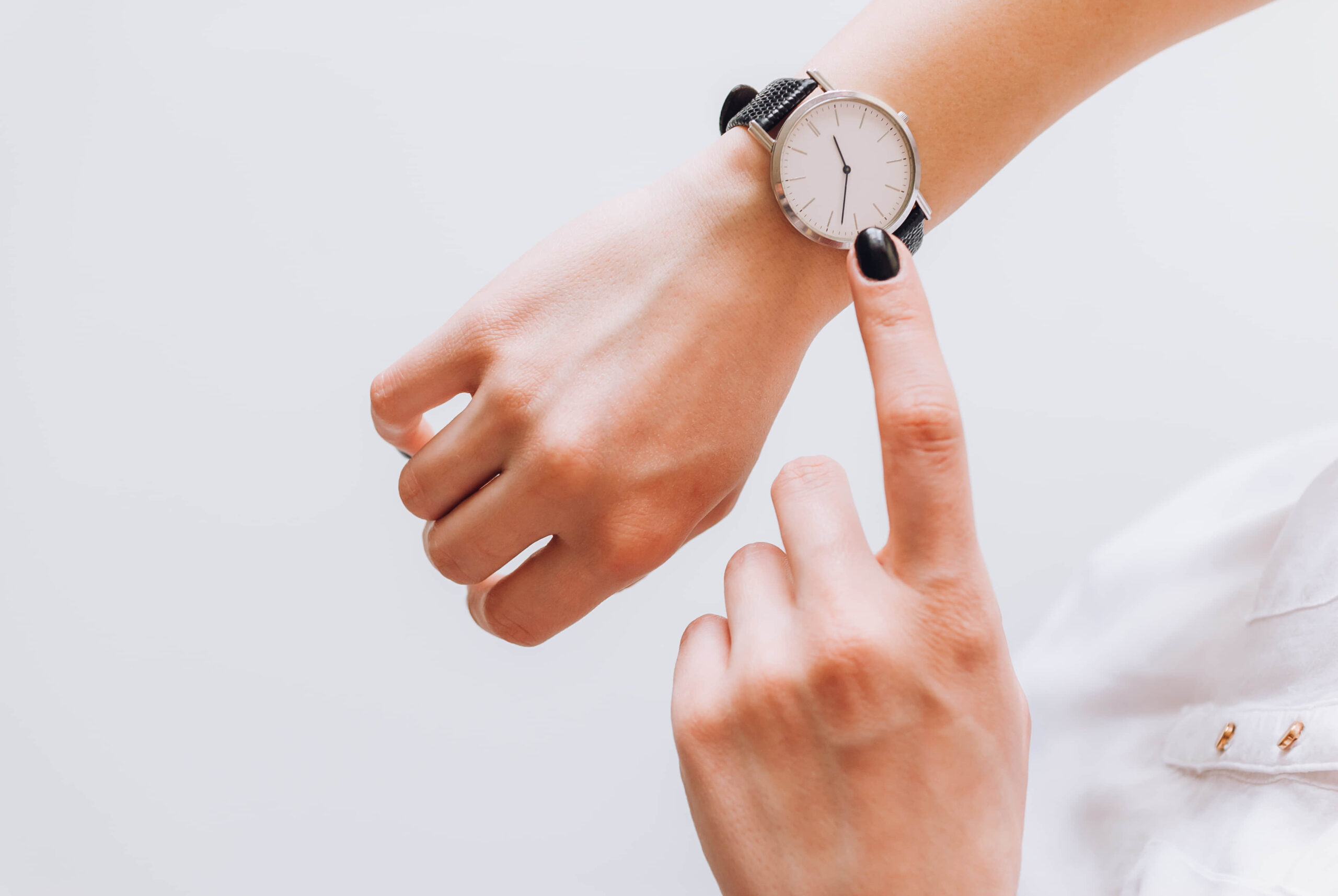Picture this—your beach trip was too brief — or at least it felt that way. As a result, you head back home, wishing that there was more time for a vacation. It may not even be a vacation. It may be a simple get-together or a day off of work. The feeling that there is not enough recreational time is one that we have all felt at some point.
However, what if we were to tell you that you can make your vacation feel longer — in a way that doesn’t involve painstaking negotiation with your boss for more days off? The key is to reframe how you think of time. Do this, and you will be able to get the most out of your vacation days or weekends.
Time Flies When You’re Having Fun
This is an old idiom that encapsulates that feeling you get when you’re enjoying your time. It is an expression that exposes us to how subjective the feeling of time is.
This subjective perception of time tends to be longer or shorter depending on the nature of an event. In particular, the amount of pleasure a certain event provides seems to determine how long or short it is perceived to be.
This is certainly the case for a study from SAGE Journals. It determined how the perception of an experience tends to skew one’s sense of time.
The “flight of time” is a seemingly innocuous experience of which we are all aware. Numerous studies have confirmed this phenomenon. It is almost surprising that no name for it has been created yet.
In a study from the Journal of Consumer Psychology, a cohort was asked to rate their experience of an enjoyable event. For the study, the event was Thanksgiving, a holiday that most Americans look forward to. To provide a numerical measure, each participant had to use a slider. The slider allowed every participant of the study to rate how fun the event was.
The measurement is on a scale of 0 to 100, with 100 indicating the maximum level of fun. The results confirm the age-old idiom; the participants who gave ratings above 70 reported their Thanksgiving experience to be short.
Time Drags When You’re Not Having Fun
In the same study, one more experience was the object of investigation — the experience of anticipation. Preceding a fun event of which a subject is aware, anticipation seems to be less enjoyable. This is why the hypothesis — that waiting can make time seem slow — was derived.
Using the same slider method, the researchers asked participants to rate their experience of anticipating Thanksgiving dinner. Most gave ratings of less than 50, indicating that waiting for the holiday was not fun.
When we factor in the measurements of the two events against each other, the correlation of waiting and time becomes clearer. Due to the expectations we have about certain events, waiting can seem long. Furthermore, waiting time seems to make time seem slower when the event is something to which we look forward.
The Result: Less Time Having Fun and More Time Waiting
Taking the two measurements of two different experiences, we can now see why vacations can seem shorter.
Fun experiences can cause us to perceive time as fleeting. In other words, the enjoyable experiences of an event can cause our hedonistic tendencies to take hold. In a hedonistic state of mind, we desire more of a fun experience to the extent that any thought of ending it would seem abrupt.
Conversely, the experience of waiting for the same event is, by definition, not fun. This results in the subjective sense of time seeming slower, giving us the illusion that more time is spent waiting.
Of course, this may not be true. In fact, temporal judgment mediated by a desire for pleasure can make two events seem different as regards duration. This effect persists even when the two events (waiting for the event and the event itself) have similar objective durations.
In short, there seems to be more time waiting for an event and less time to enjoy it.
Final Thought: The Solution Lies in Focusing on the Positive Event’s Duration
So, how do we overcome the feeling that a vacation is too short? The answer lies in being more mindful. More specifically, we can overcome the feeling of a short vacation by focusing on its duration.
Focusing more on how long the vacation lasts without dwelling on how far off it is can be helpful. In doing this, we can eliminate the feeling of a long waiting time. At the same time, we allow ourselves to be fully present and get the most out of an enjoyable day (or days) off work.

